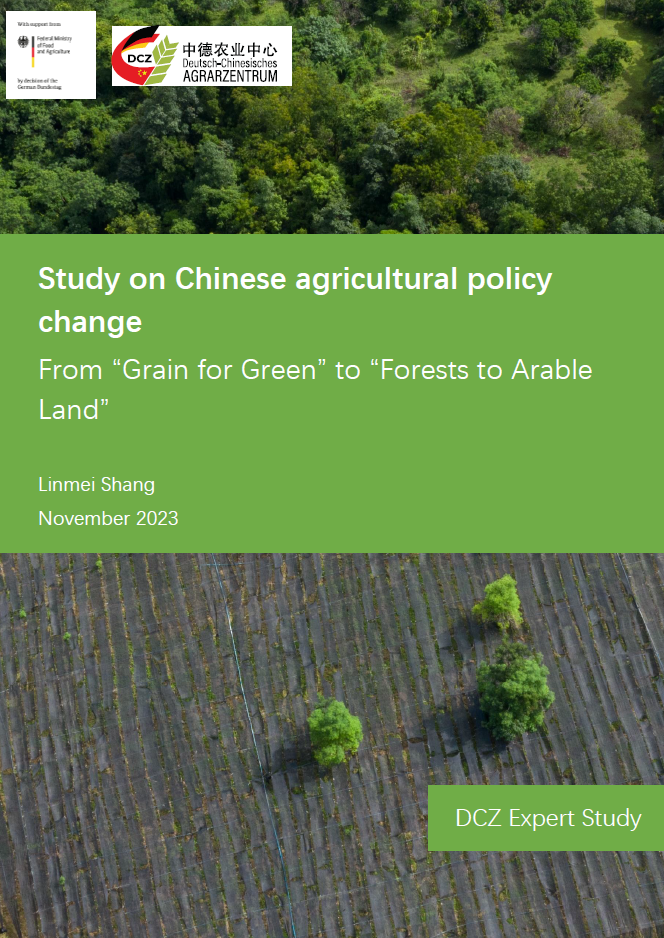The intricate interplay between agricultural land use and environmental sustainability is a central concern for nations worldwide. Since 1999, China has implemented the Grain for Green (GFG) Program (退耕还林) as a response to rampant deforestation and soil erosion across China. This policy incentivizes farmers to convert sloping and marginal cropland into forests or grassland by providing subsidies and other forms of compensation. Recently, however, China has been vigorously advancing the seemingly contrasting “退林还耕” policy, which can be translated into “returning forests to arable land”.
This study explores the motivations behind the policy reversal and interrogates its implications for environmental sustainability, biodiversity, and rural livelihoods.
Author: Linmei Shang, University of Bonn





